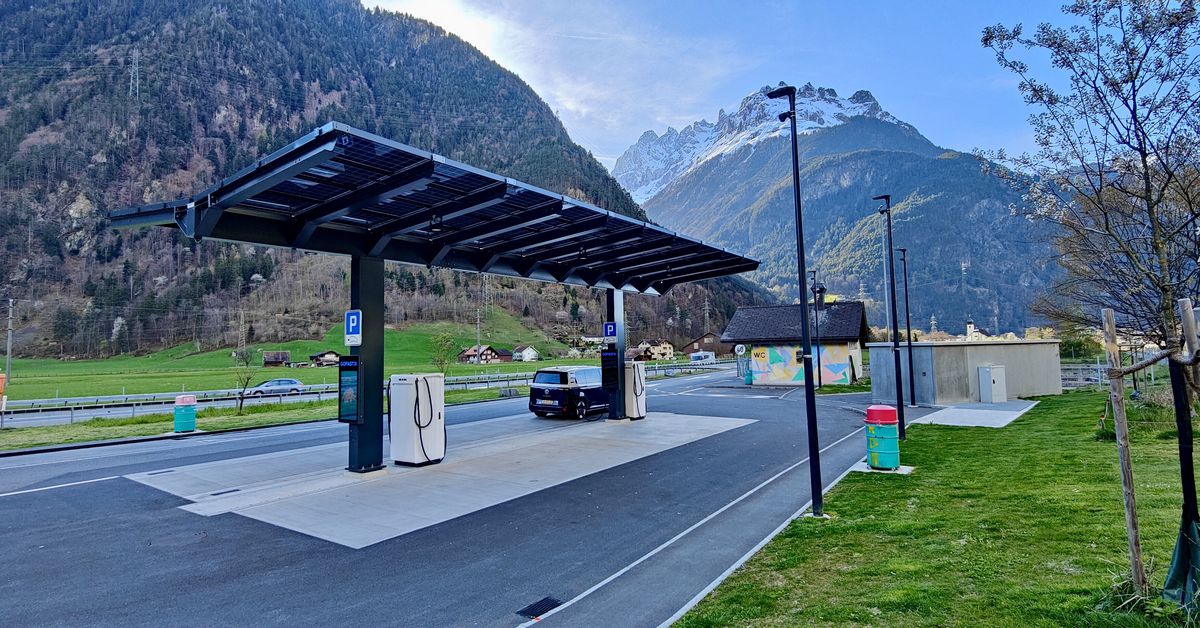- cross-posted to:
- technology@lemmy.world
- cross-posted to:
- technology@lemmy.world
EU passes law to blanket highways with fast EV chargers by 2025::The chargers must be placed every 60km (37mi) and allow ad-hoc payment by card or contactless device without subscriptions.



Removed by mod
No. An EV using only electricity from a coal plant breaks even at 150k km TOTAL (that estimate is on the very high end). Every km after that is a net positive for the EV.
For someone in Norway which gets all of its energy from hydro power? That is closer to 14k km total.
It does not matter if you drive that amount in one year or twenty.
https://www.reuters.com/business/autos-transportation/when-do-electric-vehicles-become-cleaner-than-gasoline-cars-2021-06-29/
Removed by mod
That is 150,000 km to break even if your ONLY source of power comes from coal, the dirtiest and most CO2 intense energy source. If you took a look at my link, for the US which is not particularly great when it comes to green energy, they break even at 22,000 km. They are SIGNIFICANTLY better than ICE vehicles over the lifespan of a vehicle which is around 360,000 km for your average ICE vehicle and 480,000 km for an EV. So even assuming coal as the energy source, 330,000 km of the EV vehicle’s lifespan will be much better CO2 wise than an ICE vehicle. A country like Canada which sources a good chunk of energy from hydro but also uses a decent amount of oil and gas, it is probably under 20,000 km to break even. It does not take that long to go 20,000 miles even for a very occasional driver. There simply is no comparison between ICE and EVs when it comes CO2 emissions, even in the worst case scenario for EVs. If you want to reduce your CO2 emissions, ditch your fossil fuel vehicle.